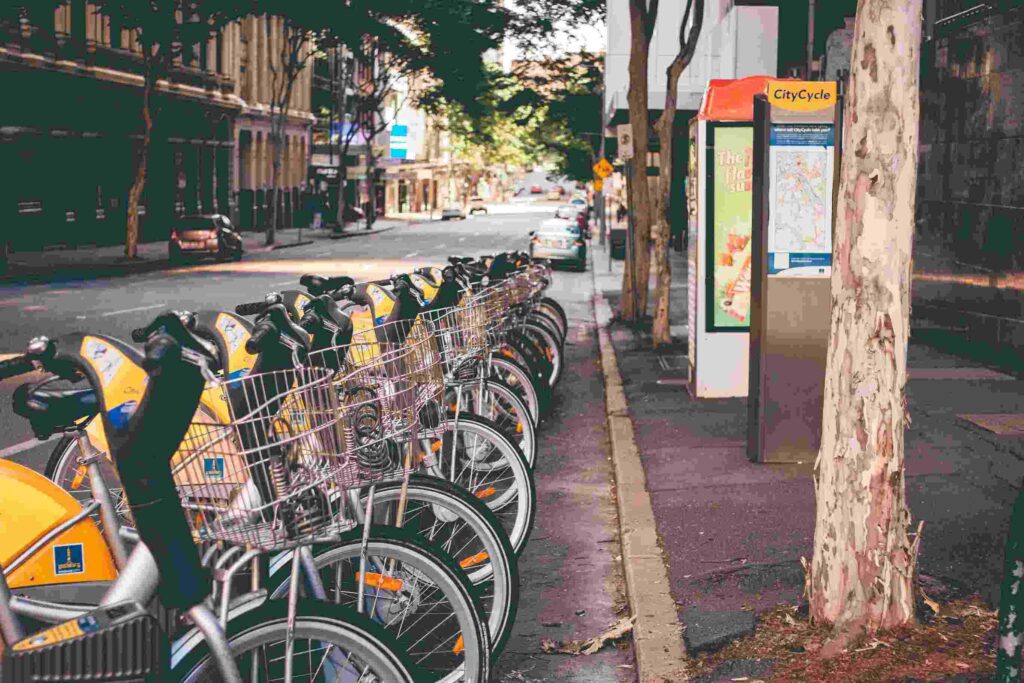Sustainable tourism is an approach to travel and tourism that takes into account the social, economic, and environmental impacts of tourism activities. It aims to minimize negative impacts and maximize positive contributions to the destinations and communities involved. Sustainable tourism promotes responsible travel practices, preserves natural and cultural heritage, and supports the well-being of local communities.
5WPR Insights
Emphasizing sustainability credentials
Clearly communicate the sustainable practices and initiatives implemented by either the company or the destination. Highlight efforts to reduce carbon footprint, conserve natural resources, support local communities, and protect cultural heritage. Use storytelling and engaging visuals to convey the sustainability message effectively.
Educating travelers
Provide educational resources and information to travelers about sustainable travel practices. Promote responsible behavior such as minimizing waste, conserving water and energy, respecting local customs and traditions, and supporting local businesses. Create content that educates travelers on the importance of sustainable tourism and the positive impact they can make through their choices.
Offering sustainable experiences
Develop sustainable tourism experiences that showcase the unique aspects of the destination while minimizing negative impacts. Encourage activities that promote cultural immersion, environmental conservation, and community engagement. This could include guided eco-tours, volunteering opportunities, visits to local artisans or farmers, and educational workshops.
Collaborating with local communities
Engage and collaborate with local communities to develop sustainable tourism offerings. Involve local businesses, organizations, and residents in the planning and development process. Foster partnerships that empower local communities and ensure they benefit from tourism activities. By involving the community, destinations get to create authentic and meaningful experiences for travelers.
Certifications and labels
Seek certifications and labels that validate the destination’s commitment to sustainable tourism. Certifications such as the one from the Global Sustainable Tourism Council, Green Globe, or Leadership in Energy and Environmental Design (LEED) provide third-party verification of sustainable practices. Display these certifications prominently to build trust with travelers who value sustainability.
Promoting off-season travel
Encourage travelers to visit destinations during off-peak seasons to alleviate the strain on resources and minimize overcrowding. Highlight the unique experiences available during these periods, such as local festivals, cultural events, or natural phenomena. Promote special offers and incentives to attract travelers during off-peak seasons.
Engaging with sustainable tourism networks
Join sustainable tourism networks and associations that promote responsible travel. These networks provide opportunities for collaboration, knowledge-sharing, and access to best practices. Participate in industry events, workshops, and conferences focused on sustainable tourism to stay updated on the latest trends and innovations.
Incorporating sustainability in marketing campaigns
Integrate sustainability messaging into marketing campaigns. Use storytelling, visuals, and testimonials to showcase how the company or the destination is making a positive impact. Highlight the unique aspects of sustainable tourism offerings and the benefits for travelers, communities, and the environment.
Encouraging feedback and reviews
Encourage travelers to provide feedback and reviews about their sustainable tourism experiences. Positive reviews and testimonials can build credibility and attract like-minded travelers. Use feedback as an opportunity to improve and refine the location’s sustainable tourism offerings.
Measuring and communicating impact
Regularly measure and monitor the impact of all the sustainable tourism initiatives. Use metrics such as energy and water consumption, waste management, community engagement, and economic contributions to evaluate the effectiveness of sustainability efforts. Share this information transparently with travelers and stakeholders to demonstrate the location’s commitment to sustainability.
Discover more articles from Ronn Torossian:
Ronn Torossian on SoundCloud
Ronn Torossian on Agility PR
Ronn Torossian on PR News
Ronn Torossian on Entrepreneur

More PR Insights
How To Get Media Coverage For Products Without A Wow Factor
What B2B Brands Can Learn from B2C Experiential PR
How to Create a Microsite-First PR Campaign That Engages